This blog is now here:
http://psyberspace.walterlogeman.com
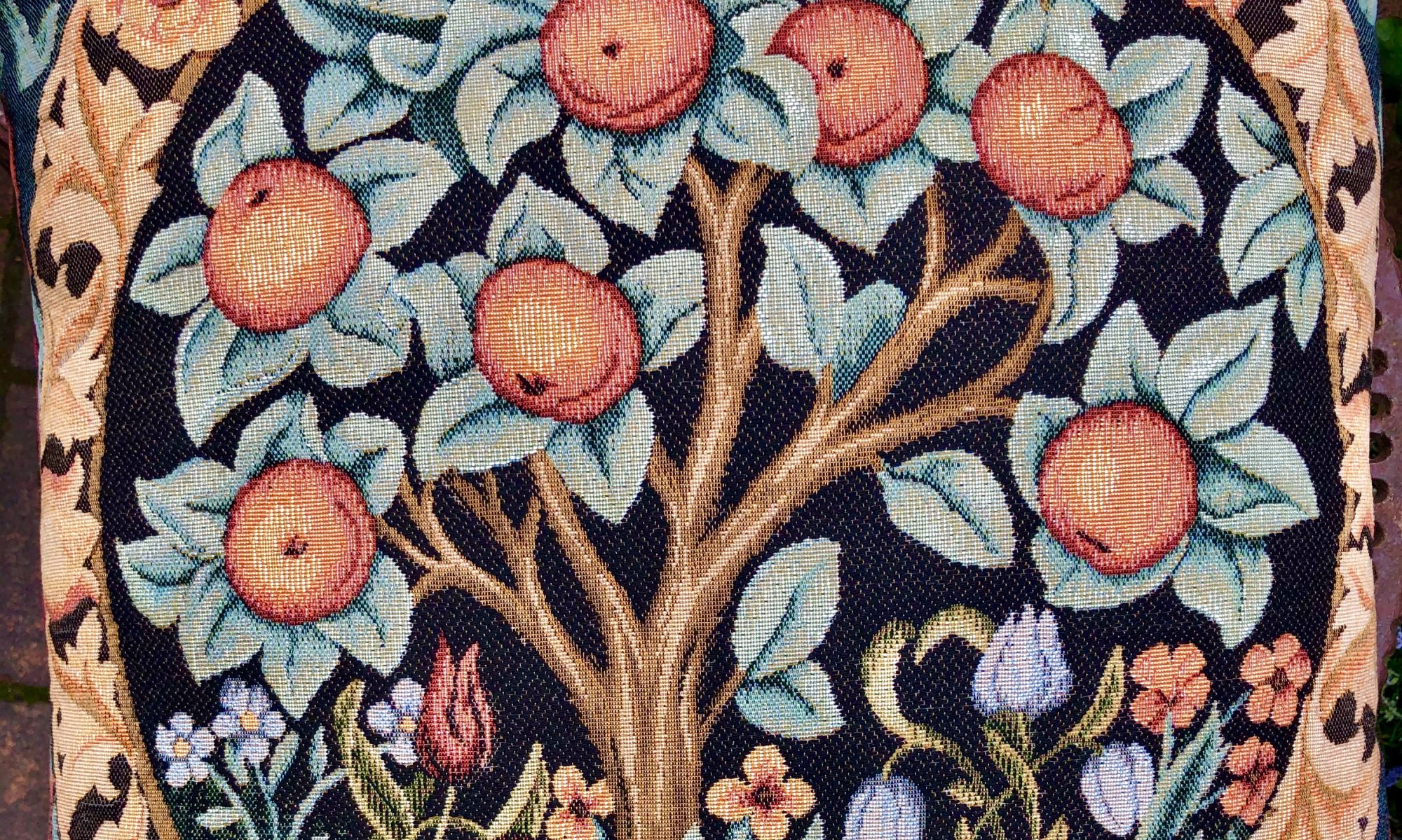
Walter Logeman: Journal
I’m so sick of the Block editor I’ve gone back to my old Dreamhost wrpress.org http://psyberspace.walterlogeman.com
Not sure what I’ll do.
???
Recently I the podcasts I listened to all came up with discussions about dialectics.
Hari Kunzru, Into the Zone .
You will get introduced to ‘Teddy’ i.e. Theodor Adorno.
Its always sunny in the dialectic
Look on the bright side! In a country obsessed with positivity, Hari traces the path of exiled German intellectual Theodor Adorno to sunny California, where he gets stuck in traffic with the British writer Geoff Dyer. How this positivity relates to church and state? Turns out there’s a lot to complain about.
*
Revolutionary Left Radio
for some political clout.
The Principal Contradiction: Applying Dialectical Materialism
Torkil Lauesen joins Breht to discuss his newest book “The Principal Contradiction”. In this discussion, Torkil and Breht discuss dialectical materialism, how it is applied in real world situations, and the role that contradiction plays in it all. In the 1970s and 80s, Torkil Lauesen was a member of a clandestine communist cell which carried out a series of robberies in Denmark, netting very large sums which were then sent on to various national liberation movements in the Third World. Following their capture in 1989, Torkil would spend six years in prison. While incarcerated, he was involved in prison activism and received a Masters degree in political science. He is currently a member of International Forum, an anti-imperialist organization based in Denmark.
Find more of his writings HERE
*
The Partially Examined Life.
For a through philosophical analysis by people who can’t make up their minds about anything.
Episode 136: Adorno on the Culture Industry
On Theodor Adorno and Max Horkheimer’s “The Culture Industry: Enlightenment as Mass Deception” from Dialectic of Enlightenment (1944), plus Adorno’s “Culture Industry Reconsidered” (1963). How does the entertainment industry affect us? Adorno (armed with Marx and Freud) thinks that our “mass culture” is imposed from the top down to lull us into being submissive workers.
*
OK, listen to the lot and makes some comments!!
A Couple Therapy Training Day
with Walter Logeman
Saturday, 10 October
This one day workshop is for people who work
with individuals and/or couples.
❋
I’m pleased to announce this one day couple therapy training. The focus will be on engaging the couple.
Right from the start it is usually ONE person who makes contact. How to address that initial difference? There are so many ways and so many different scenarios.
This is where a sociodramatic approach comes into its own. The life in the group will bring forth the collective wisdom. Yes, we trust the power of intimacy in the group for learning about the power of intimacy in the couples we work with.
And what if you don’t see couples for some reason?
Counselling, if the matters raised include a partner, means it is relationship therapy. How to work with the power of love in that relationship?
There is a lesson in the relationship to learn, and one partner can transform a relationship. It’s better if they do that together.
Go here to see more and to enrol: Psychodrama.org.nz
❋
This one day workshop is a lead-in to Psychodramatic Couple Therapy Training
https://psychodrama.org.nz/couple-therapy-training/ the next four-day event is Wednesday 18 – Saturday 21 November 2020, you can enrol now.
We are born into a pattern of relationships.
This pattern influences us deeply.
It has a tendency to repeat and persist.
This brief summary is the basis of psychotherapy, of the unconscious and we work with these patterns in psychodrama. I’m pleased with the crisp summation. I’m satisfied that it captures the relational nature of our being. The relationship nature of the unconscious, or self. It is alive as this pattern “repeats and persists”. And does so even as repair and grapple with the tendencies as they persist.
However the summation is not as soulful or as wild as the process.
Continue reading “We are born into a pattern of relationships”

Planning a workshop for Saturday 17 October
A series of six prints on thick A2 cotton paper selected from
https://walterlogeman.co.nz/gallery-earth-crosses/
The Earth Crosses images are a series that began as my Thousand Sketches project ended. The last image of the 1000 was #1000 Departing Force and it is part of this exhibition.
The images are a dialogue between the horizontal and the vertical. Opposites. All the images in the series are square. The vertical, perhaps the landscape, has as much space as the horizontal, perhaps the portrait aspect. Think dialectics, yin yang. I expect I’ll get to elaborate on the opening night. (Date TBA)
I am looking through my photos and found some recent gallery pics I love — here is one Tena I Ruia 1987
A painting for our time!!
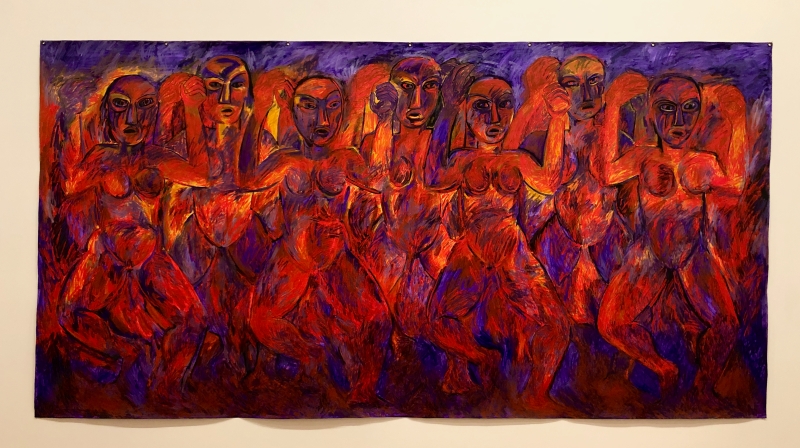
If you are on a big screen – right click to get full Image in next tab.
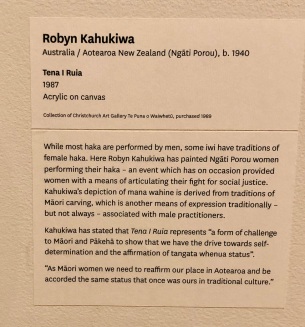
From Wikipedia:
Robyn Kahukiwa (born 1938) is an artist, award-winning children’s book author, and illustrator from New Zealand. Kahukiwa has created a significant collection of paintings, books, prints, drawings, and sculptures.
Kahukiwa was born in Sydney, Australia in 1938. She trained as a commercial artist and later moved to New Zealand at the age of nineteen.
Part Māori on her mother’s side, Kahukiwa is of Ngāti Porou, Te Aitanga-a-Hauiti, Ngāti Hau, Ngāti Konohi and Whanau-a-Ruataupare descent.
For Moreno spontaneity was “a new response to an old situation or an adequate response to a new situation” (1953, p. 336), with creativity adding the element of inventiveness.
Moreno, Zerka T. (1987) “Psychodrama, Role Theory, and
the Concept of the Social Atom.” in Zeig, Jeffrey K., Evolution Of Psychotherapy, first Conference. Taylor and Francis. Kindle Edition.
Zerka is quoting from the definition that is on the same page in the 1978 edition, 366.
Here is another quote from “Who Shall Survive?” 1978 edition, Page 42:
Spontaneity operates in the present, now and here; it propels the individual towards an adequate response to a new situation or a new response to an old situation. It is… the least developed among the factors operating in our world; it is most frequently discouraged and restrained by cultural devices.
So is spontaneity the response, or that which propels the response?
From the Dictionary:
Ontology
noun: ontology; plural noun: ontologies
1.
the branch of metaphysics dealing with the nature of being.
2.
a set of concepts and categories in a subject area or domain that shows their properties and the relations between them.
“what’s new about our ontology is that it is created automatically from large datasets”
Origin
early 18th century: from modern Latin ontologia, from Greek ōn, ont- ‘being’ + -logy.
I have long had a phrase I use “It’s only ontology”. I use it to listen to people as they talk about Jesus, Chi, Shan, God, spirit or soul and so on. My little phrase reminds me to listen to the person rather than get into a debate about the existence of this or that. Also, irrespective of the existence of stuff, ontology “shows properties and the relations between” categories. For an archetypal psychologist, for example, there is a fundamental distinction between soul and spirit. Other people may use the words differently, yet they can reveal much about their world view. It’s only ontology.
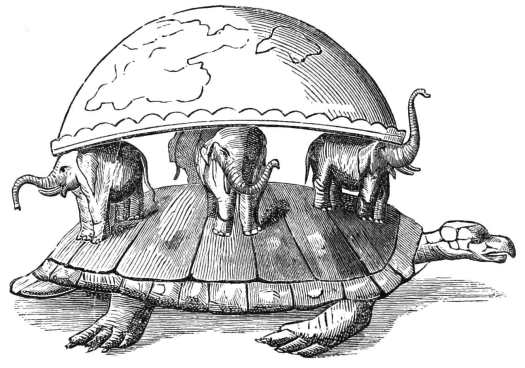
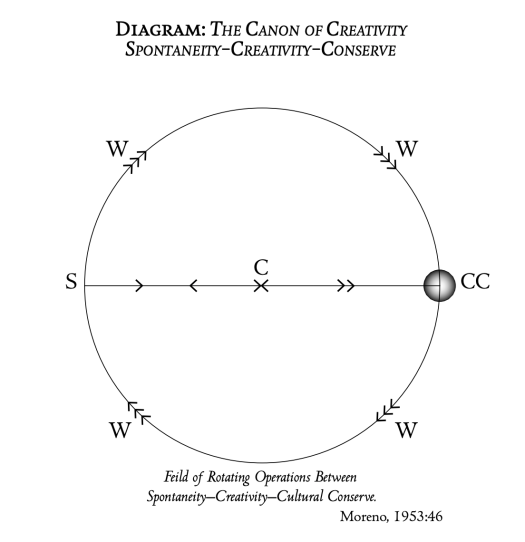
I am looking back on earlier posts in relationship to ontology. Here is one where my phrase does not hold:
I’m working on a handout on action for a Psychodramatic Couple Therapy Training event in September. Psychodrama is sometimes mistakenly called an “action method”. That might mean people move about. That they exhibit behaviour. The real question is: are they actors? That is, agents in their own life!
The action includes: the body, emotions, thinking, the breath, the spirit, the soul, the chi, life energy, prana. In psychodrama language that is spontaneity-creativity.
Here are two quotes:
The organism-in-environment is a behavioral system; the actor in situ is an actorial system, and, Moreno (1953b) states, it is important to distinguish between the two. A collectivity of actors is a different entity from a collectivity of organisms and has a different meaning.
Warner (1954) points out that from Moreno’s perspective, when one tries to understand behavior by separating an action into components, as the psychologist does, one ends up ignoring the most important characteristics of human behavior, social interaction. Acts, actions, and interactions are complex behaviors that are intended to gain a desired goal. They occur within a cultural context. There is a reciprocal relationship between the members of a group and the group’s culture. On the one hand, it is the actions of the members that create the culture of the group and on the other hand the culture of the group shapes the actions of its members.
Meyer writes, “The heart of Dr. Moreno’s sociometric method is action. Time and again in the writings of this book and elsewhere, he insists that sociometric methods require that individuals cease to be subjects for research, patients in the clinic, or objects of reform. They must become participants” (1952, p. 360). Sociometric research, Moreno insisted, is for the benefit of the people involved, not for the benefit of the researcher. Therefore, the subjects should be included in the design of the research, in the selection of criteria, for example. Sociometry should take place in life, in the real situation of the individuals, not in the
laboratory of the scientist. Unless the sociometric experiment includes an activity in which the group members partake, it is, at best, “near sociometric.” Sociometry is an action method.
John Nolte
It is worth meditating on the words of Moreno — especially how they might apply to couples.
An action matrix registers acts and events . A behavior matrix registers “observations” of acts and events . The actor must become an observer of himself and an actor towards the observer, i.e ., the observer must become an actor towards the observed and an observer of himself ; one must co-act with the other, a meeting is taking place . In an ongoing socio-psychodrama the subjective view of the actor and the objective view of the co-actor are one, they are on the same plane . Indeed, as … auxiliary egos to each other on the plane of action the degree of their reciprocal subjectivities and objectivities are continuously in a process of mixture; A acts towards B, B acts towards A; A observes self and acts towards B, B observes self and acts towards A ; A observes A, B observes B ; A observes A and B, B observes B and A ; A acts towards C, A acts towards B and C, C acts towards B and A, etc . A genuine theory of action and actors deals with actorial categories and interaction potentials like spontaneity, creativity, the warm up, the moment, the meeting, … auxiliary ego and other categories which express the coexperiential level of an actor’s world on the level of action .
Moreno “Who Shall Survive?” p74
Some notes about Action & couple therapy
How does work when we are working with the relationship? The “third entity”?
Not “male female” but role systems — unity of opposites unity and opposites.
The protagonist will transform the and the auxiliary will transform
Action is to do with being actors — active participants.
If there is ambivalence about the relationship — Discernment therapy.
Individuation is always needed
Useful simple short article.
https://www.sfr-21.org/human-nature.html
Marx:
“Estranged labour, therefore, turns man’s species-being – both nature and his intellectual species-power – into a being alien to him and a means of his individual existence. It estranges man from his own body, from nature as it exists outside him, from his spiritual essence, his human existence.”
Working for money and not for love changes our nature. We become alien to ourselves, to our bodies and minds. We become alien to to our nature and the world around us. When we are strangers to our creativity we become strangers our own bodies, to nature as it exists outside us, to our spiritual essence and our human existence.
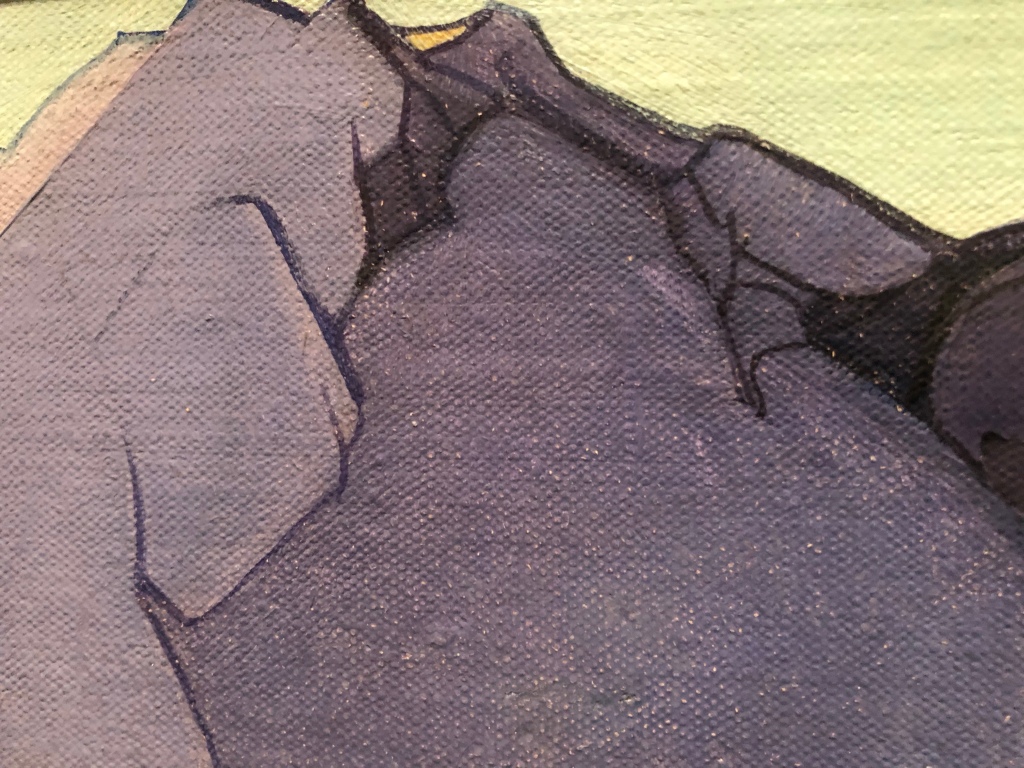
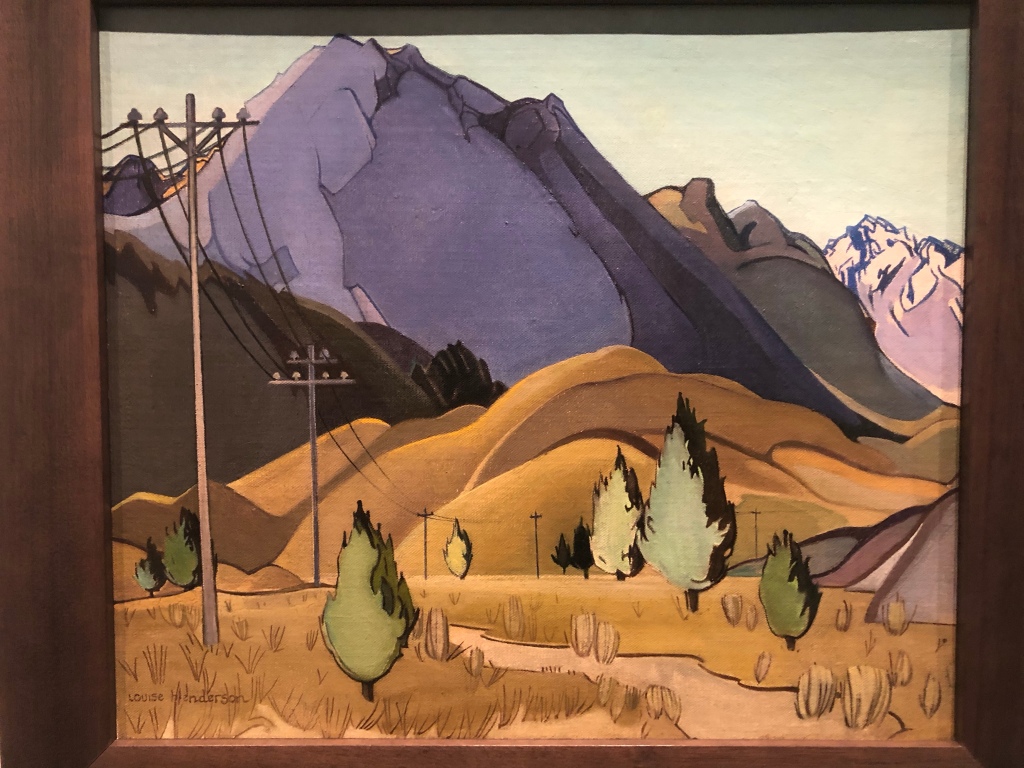
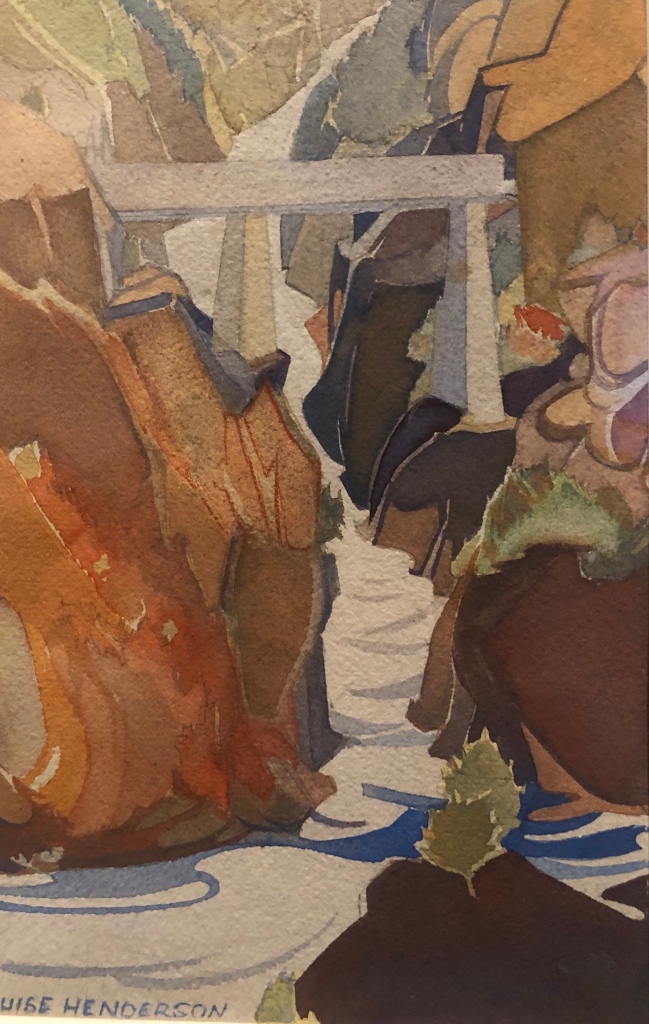
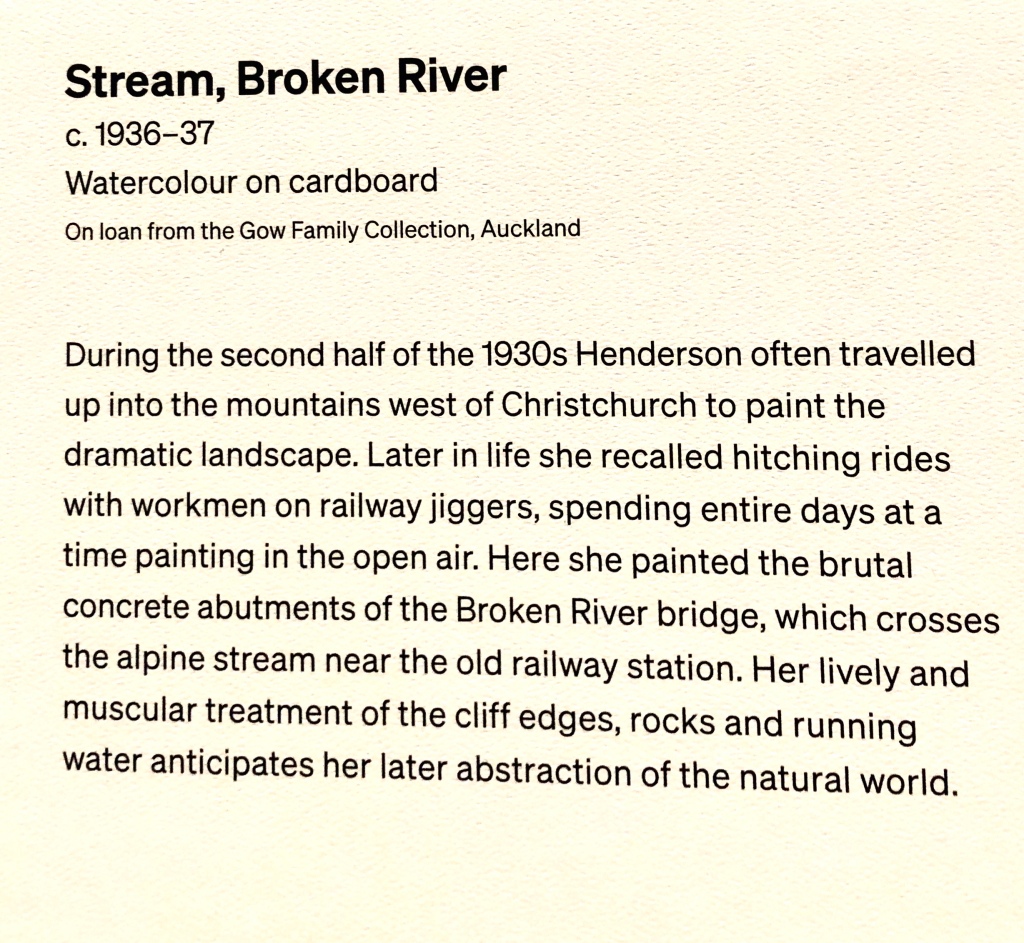
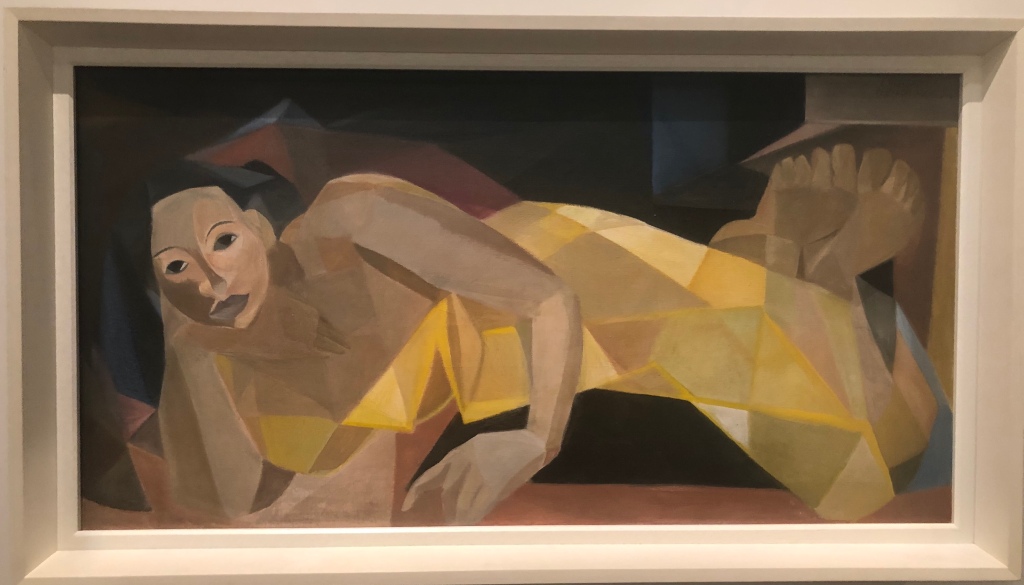
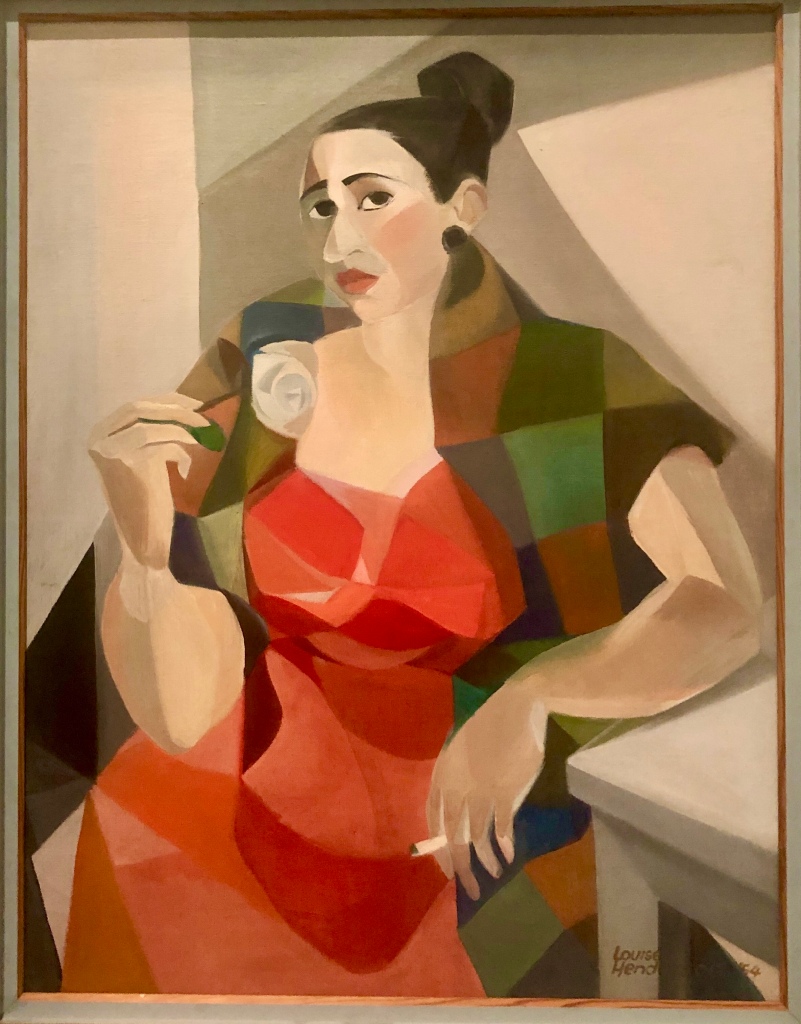
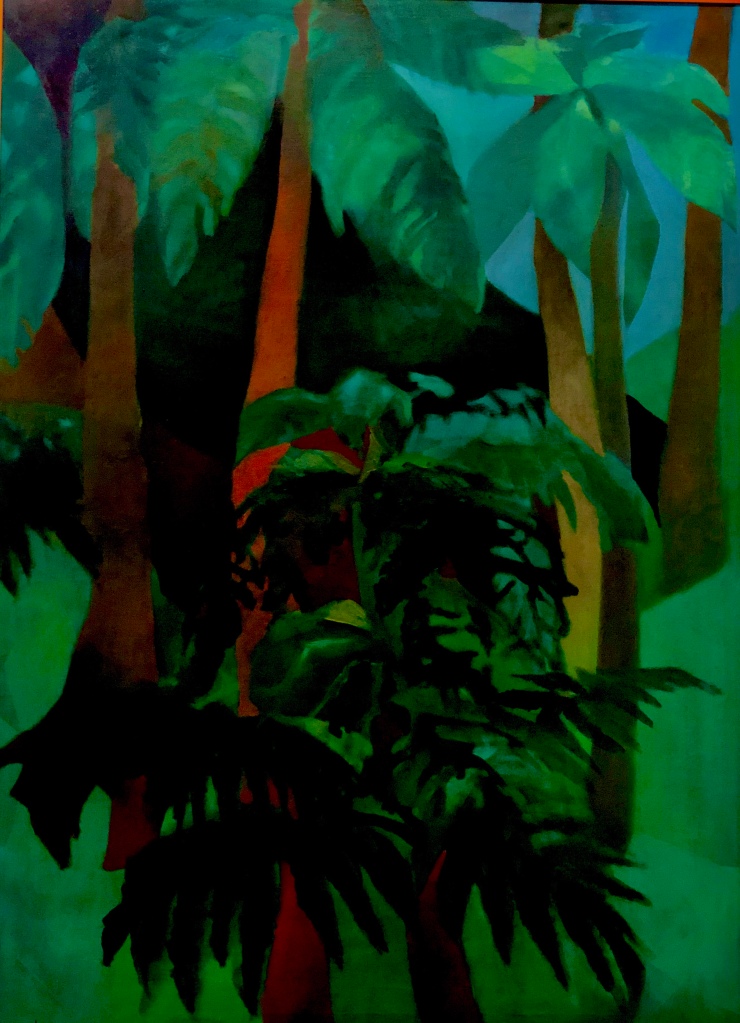
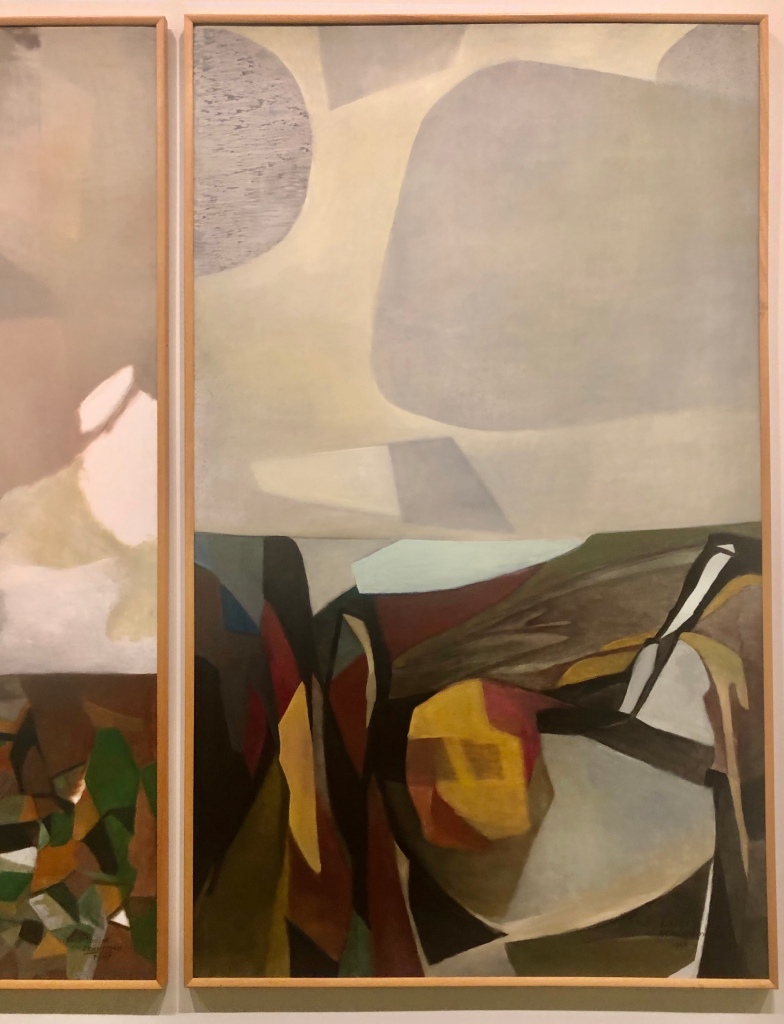
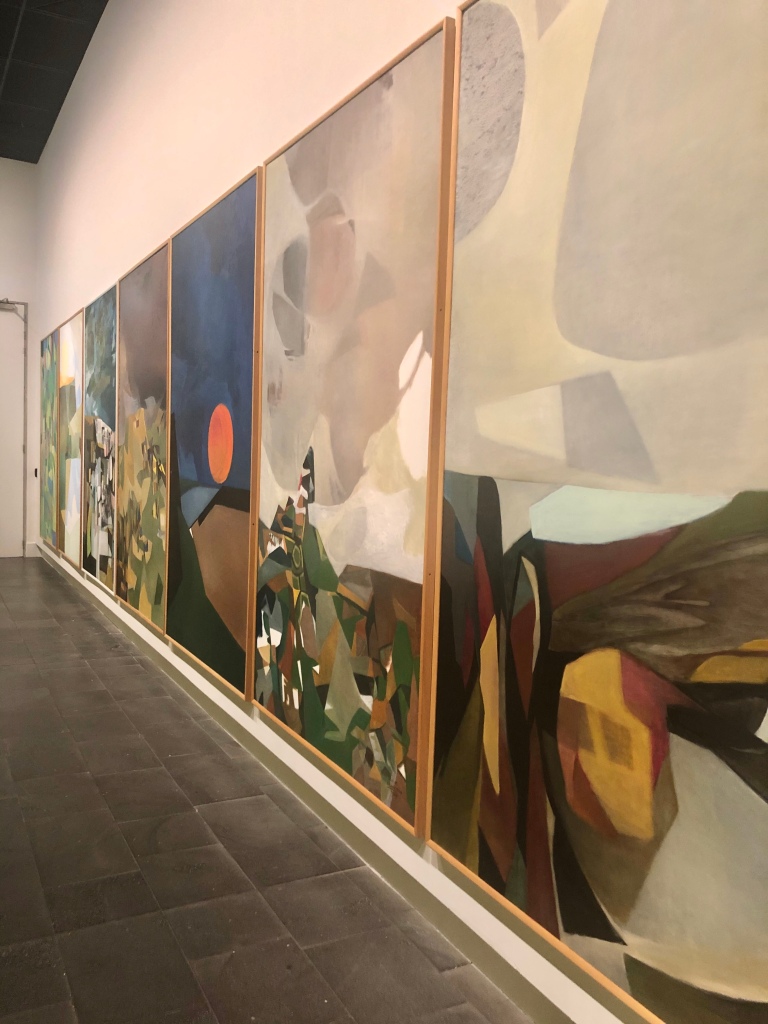

“The idea that knowing changes reality is what quantum physics shares with both psychoanalysis (for which interpretation has effects in the real) and historical materialism”.
Slavoj Žižek – quoted on Redit
This is a great little paragraph!
*
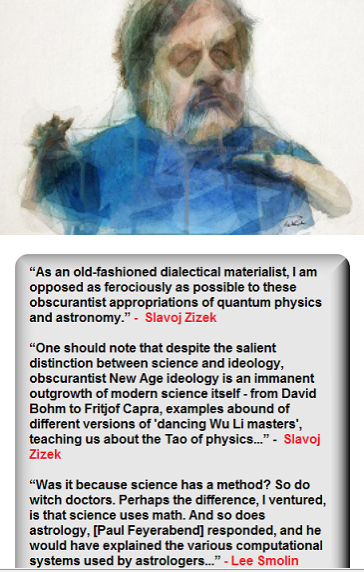
A useful read!!
*
I wish they had an inkling of Moreno in these discussions — psychodrama fits in more tightly than “psychoanalysis.”
*
Interesting the extent to which Bohm was influenced by dialectical materialism:
“In this way Bohm understood it as idealistic. In Bohm’s interpretation, however, the particle possesses at all times a well-defined position and momentum regardless of observation or associating ideas. So, in Bohm’s view, matter came before mind in his theory. Thus he called his interpretation a materialistic one.4 With this materialist interpretation, Bohm wanted to expel mysticism from physics.”
Christian Forstner
Dialectical Materialism and the Construction of a New Quantum Theory: David Joseph Bohm, 1917–1992

Optic Nerve by Maria Gainza – review. Guardian
I’m found relevant images as I read the book.
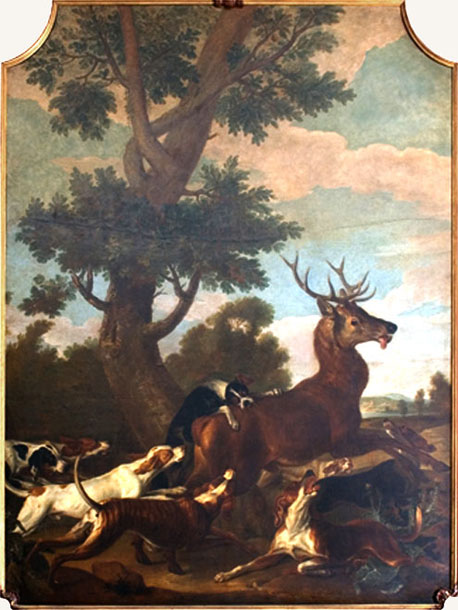
Hubert Robert
THE TEATRO DELLE ACQUE IN THE GARDEN OF THE VILLA ALDOBRANDINI
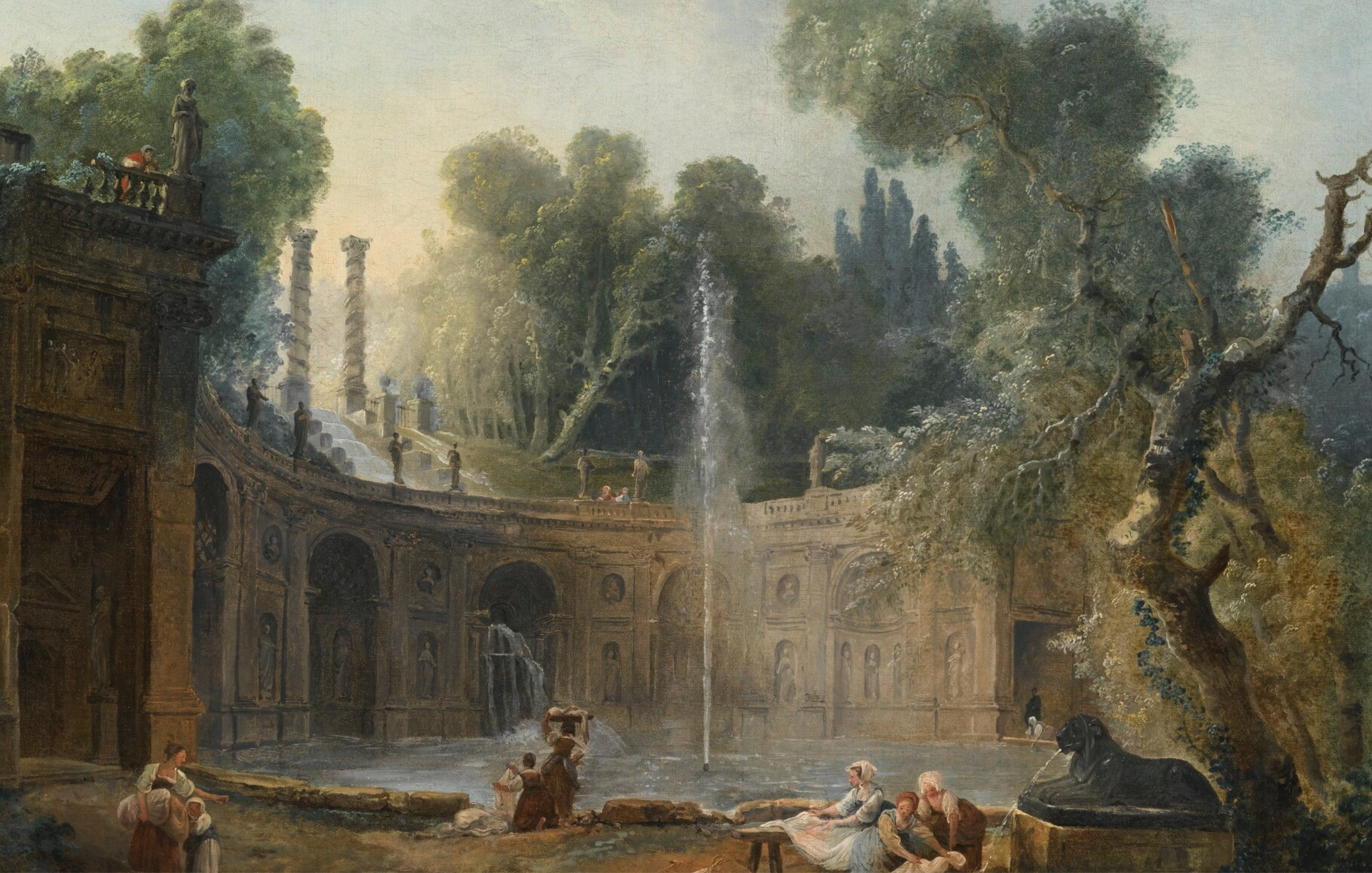
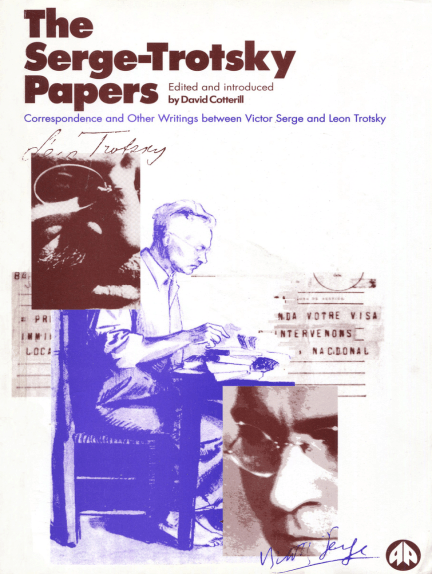
In scribd
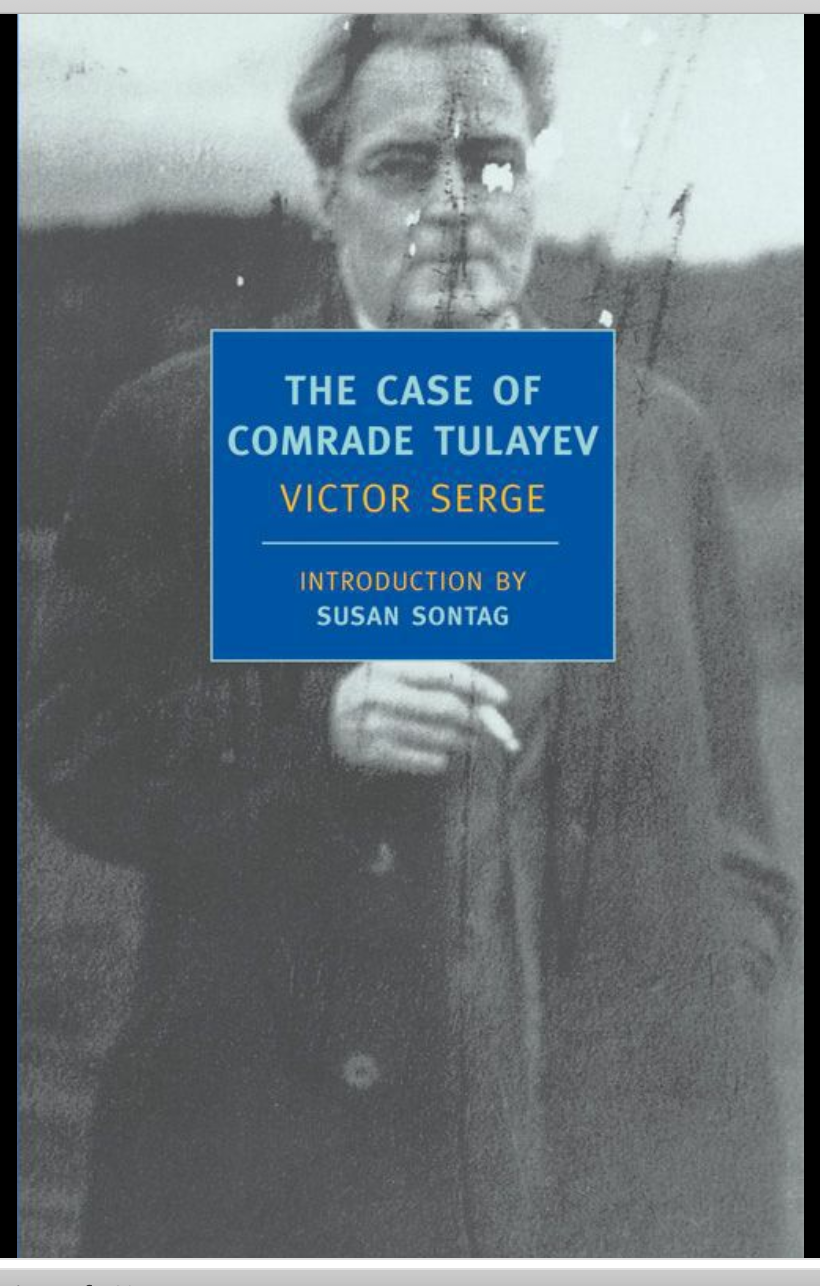
Kindle
Audiobook Scribd
Scribd — I’m just interested in “A Place of Greater Safety.” French Revolution.

Arthur Streeton exhibition at the Art Gallery on NSW
If I were flying I’d love to see this exhibition in November.
I inherited a Heidelberg School book from my father, its full of Streeton and familiar to me. Australian impressionism.
(Open image in new tab if you have a large screen)
You must be logged in to post a comment.